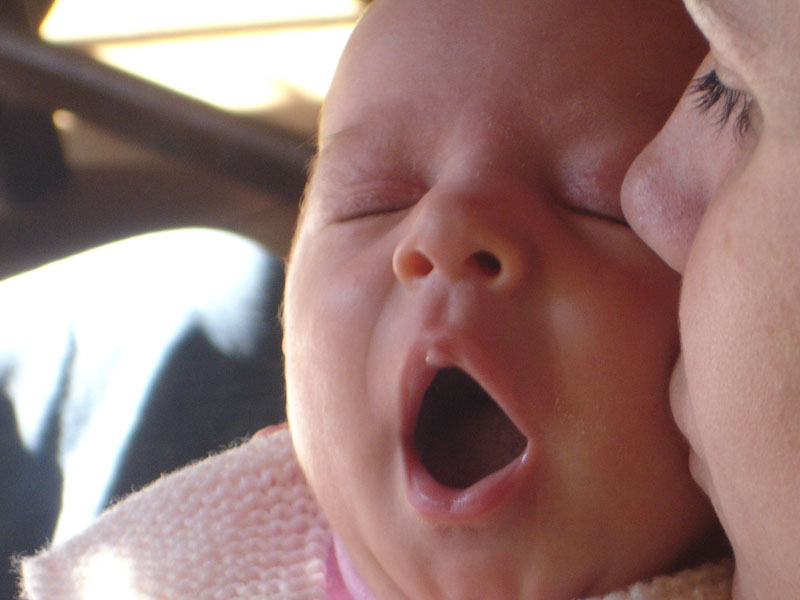Managing divorce is always complicated when children are involved. Having a child that is an infant adds an additional layer of complexity. Infants can’t verbally communicate their feelings. Also, this period is a time when they are developing an attachment to their primary caregiver– the relationship that will be foundation for all future relationships.
Divorcing parents need to work as a team so that their infant children develop a strong attachment to their primary caregiver while still building the relationship with other parent. Here are some aspects of development to think about for your infant:
Newborn to 6 months:
- Issue: Infants are aware of their parents moods and behaviors
- Consider this: If parents are depressed or overwhelmed, their ability to respond to their baby can be diminished.
6-8 months
- Issue: Infants develop stranger anxiety.
- Consider this: Infrequent contact with the non-custodial caregiver can cause the baby’s stranger response to increase with that parent
8-12 months
- Issue: Infants suffer separation distress (signs include clinginess, more difficult to soothe) and are not able to understand that they cannot always be with primary caregiver
- Consider this: Child will likely have a preference during this stage for the parent who does the most caregiving
12-18 months
- Issue: If there are frequent separations, infant can feel less secure
- Consider this: Use reassurance and simple sentences
Considerations for overnight visitation during infancy and toddlerhood:
- A recent study from the University of Virginia found that infants who spent one night per week away from their primary caregiver showed less secure attachments than babies with fewer overnight stays
- Some developmental professionals recommend fewer overnight visits for the first two years
- Remember that this is about the relationship with the primary caregiver, which can be the mother or father
- Infants’ ability to be flexible with change is limited during this age and they do not understand concept of time
These recommendations might seem scary to the non-custodial parent who fears their infant will not attach to them without overnight stays. Here are some ways to promote a strong connection between non-custodial parent and baby.
Bond with non-custodial parent
- Have frequent, but more brief, contact during infancy
- Use a gradual approach to overnights: start with nap time, then move to overnight, then wait awhile (don’t jump into frequent overnights)
- Watch the child’s reaction to the transitions
- Children’s bond will grow with more contact and is not impaired by fewer sleepovers in infancy
Your child will do best with two loving and supportive parent so anything that you can to promote a positive bond and quality time with your ex-spouse is important (no blaming, limiting contact or undermining the eventual transition to overnights). This is a stage in life where the baby’s developmental needs should be the primary consideration in developing a plan that allows for the development of a secure attachment.






